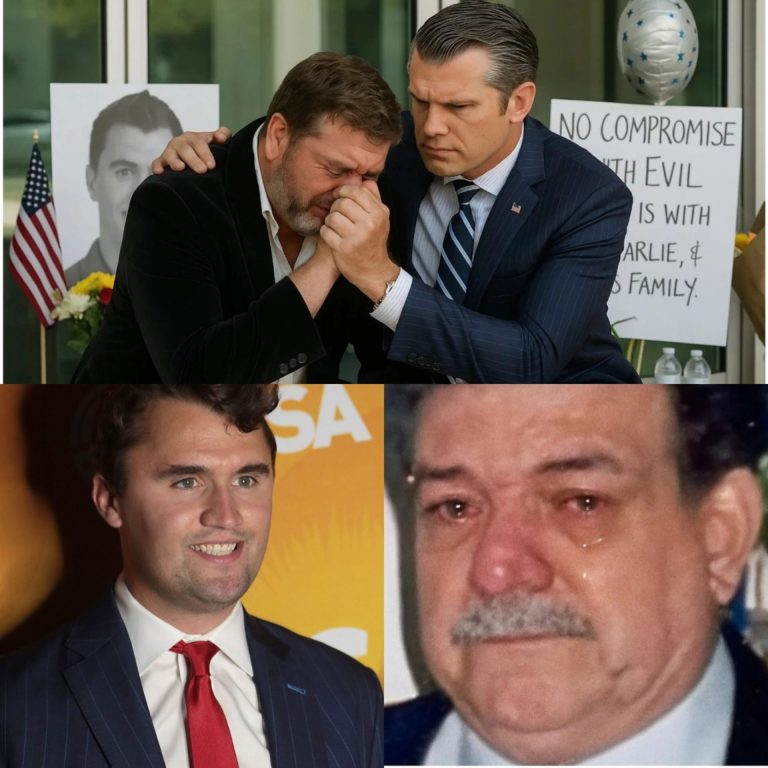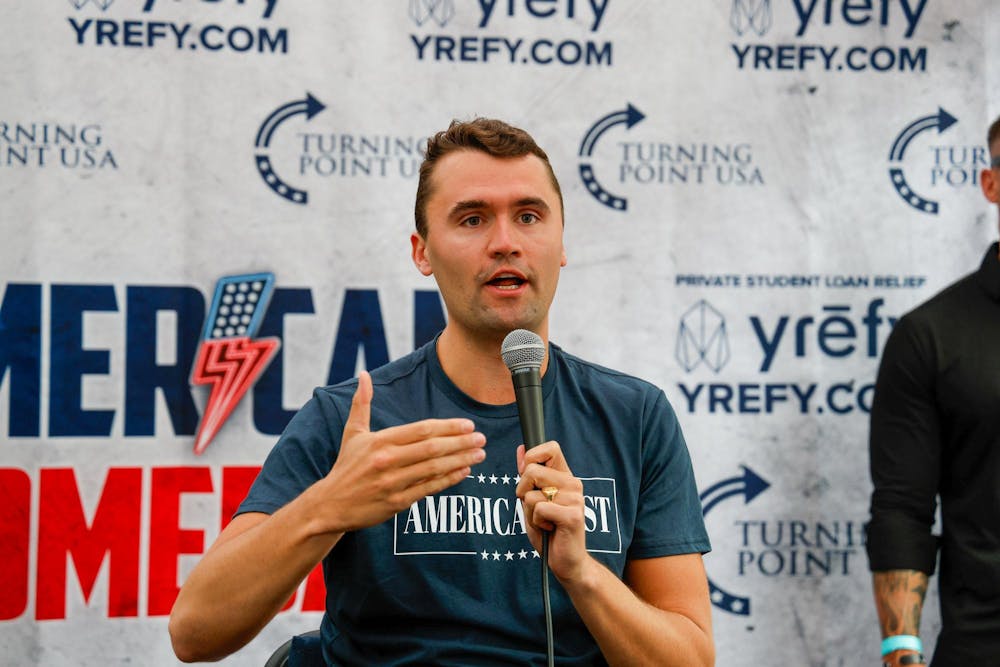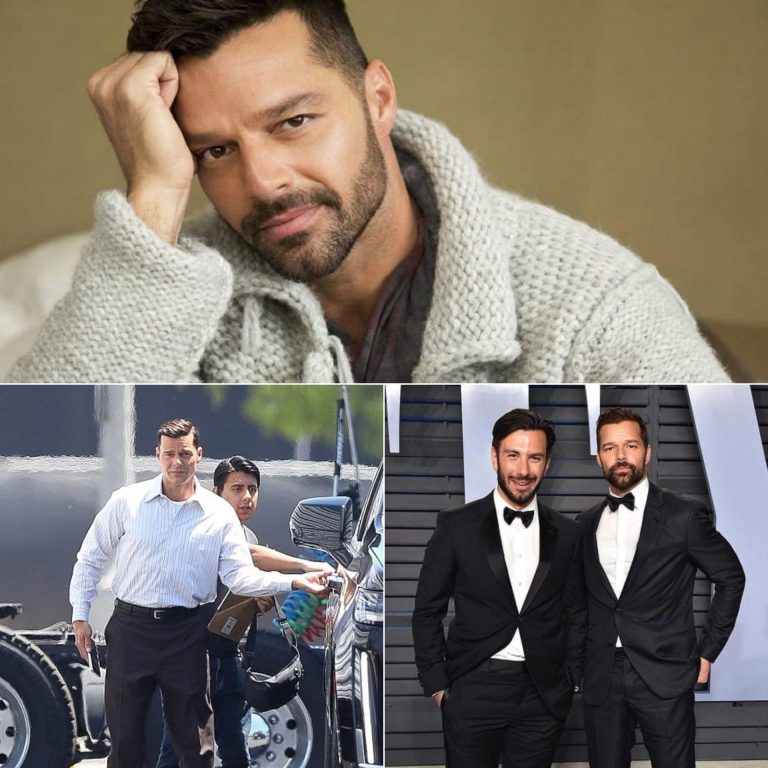The sun was merciless over Phoenix that afternoon, a cloudless sky that felt almost cruelly indifferent to the pain of the thousands gathered outside the headquarters of Turning Point USA. They had come dressed in black, in suits, in Sunday dresses, some carrying American flags, others clutching signs that read Faith. Freedom. Family. The event was billed as a memorial service — a moment to honor the life of Charlie Kirk, the conservative activist who had become a controversial but undeniable figure in American politics.

But what began as a somber gathering took an unexpected turn when one man, overcome with grief, broke the silence with words that left the entire crowd frozen.
The man was identified by those close to the family as Kirk’s father. Eyewitnesses described how he had remained stoic for most of the ceremony, standing alongside relatives, his eyes fixed on the framed portrait at the front of the stage. It was a photograph that many in the conservative movement knew well — Charlie with his trademark navy suit, a faint smile, his right hand raised as if mid-speech.

As the speakers took their turns, delivering tributes laced with both sorrow and political urgency, the father’s shoulders began to shake. When he finally shouted his plea — “Give me back my son!” — those around him rushed to catch him as he fell. Some in the audience gasped, others began to cry, while a small circle of security moved in instinctively, unsure whether to comfort him or protect the sanctity of the stage.
Reporters on the scene described a complex emotional landscape. Some supporters wept openly, hugging strangers as though bound by a collective loss. Others stood stiffly, hands over hearts, as if trying to hold their composure in the face of overwhelming grief.

“I never met him, but I feel like I lost a brother,” said Jenna Myers, 24, who had driven from Utah overnight to attend. “He stood up for people like me, for our values. And now he’s gone — just like that.”
A group of college students wearing Turning Point USA shirts huddled together, reciting prayers under their breath. Nearby, a pair of older veterans saluted as the national anthem played softly from the speakers. The memorial was not just about one man; for many, it was about the collapse of a symbol, a voice they had assumed would carry on for decades more.




